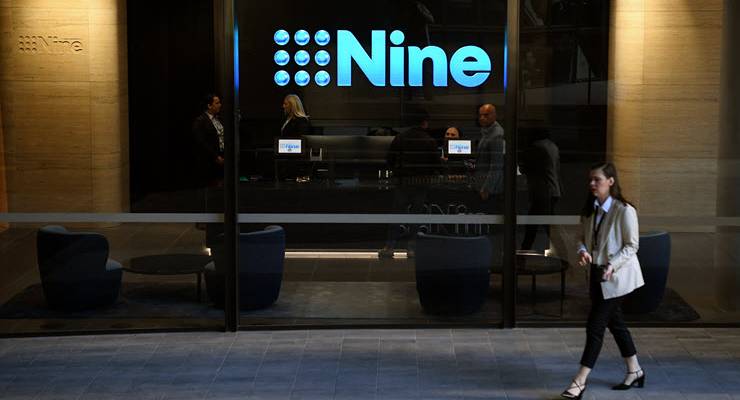
As many of the company’s media rivals luxuriate in the resignation of Nine CEO Hugh Marks, a media insider (who does not work for Nine) gives their view on the situation…
Machiavellian media figures always had their own agendas to inflict harm on the highly successful Marks. That is despite his ability to merge an ailing Fairfax Media to a debt-ridden Nine, a feat which seriously threatened to undermine the competing interests of certain faceless men in media.
You don’t have to look far to spot possible culprits, from disgruntled former employees spreading gossip, to those bit players who loaded the artillery of competing media interests.
That Nine (and other media) voraciously covered the scandalous issues at Kerry Stokes’ Seven West Media involving Tim Worner’s affair with Amber Harrison, would make a plausible argument that they, or indeed a former or current Seven employee, could be just one of the dark sources behind a coup to bring down Marks.
Meanwhile, Murdoch’s papers and TV interests always have their agendas, bringing about (and ending) the power of many men (and women) in politics, business and entertainment.
As it happened, the story was advanced by a seemingly innocuous question at last Thursday’s AGM by shareholder activist and Crikey journalist Stephen Mayne. It seemed to be cleared up by Nine chairman Peter Costello, who said his CEO had done nothing wrong.
But in the heated climate of the past month, with scandals in Canberra and New South Wales dominating news media — including Nine’s own coverage — there was simply nowhere left to turn for Costello and Nine’s board once their own CEO’s behaviour was making the news, instead of reporting it.
In fact it was Nine’s own newspaper The Sydney Morning Herald that broke the yarn, covering new details of a second affair between Marks and a senior staff member, Alexi Baker — the board felt they’d been misled and convened an urgent crisis meeting.
Marks was left with no choice but to fall on his sword — despite writing a late Saturday email applauding the work of his colleagues, one of whom had delivered him the poison pen: Andrew Hornery, whose column broke the news.
This must have been an unenviable and daunting task for any journalist, but it was handled with resolute independence, as always, by Hornery. Hornery believed the Tele was going to do a “hatchet-job” on his CEO and, in the end, even Marks saw the need to get ahead of the story.
All the gossip aside, the story was true and the board’s decision was inevitable — much to the glee of Nine’s competitors, including Seven West and News Limited.
His scalp was not collateral damage. This was a planned execution.







I can’t remember ever watching anything on Channel Nine. I’m sure it’s fantastic.
However, shortly after Nine bought Fairfax I had to terminate a forty year subscription with the latter. Nothing to do with political viewpoints or a different font on the front page, it was just the unbelievable, surging incompetence of the organisation.
It starts at the top, with a chair of Pythonesque self-delusion, and goes all the way down to the fact that the online Saturday quiz is usually the same as the previous week’s. A CEO who is so lacking in journalistic instinct that he actually thinks he can bonk and keep his job. A third rate Nigel Farage with a red bandana being paid to write about sports and drop names of former rugby players while trying to divide the nation pointlessly over its non-existent head of state.
So farewell, man I’d never heard of.
That’s a bit unfair. I doubt that Nigel Farage (or should it be Farrago?) has ever written as well, or as profusely, as the ex-Wallaby with the red bandana,
It must have been an unenviable and daunting task to write an insider’s account by an author who had the courage to remain anonymous.
Fortunately Crikey has an editor with the courage to undertake the unenviable and daunting task of publishing it.